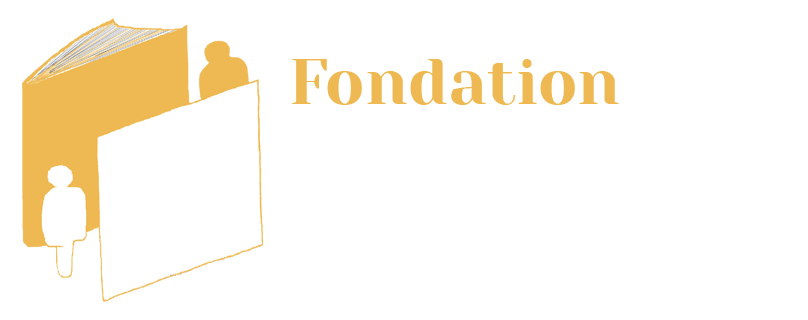Joseph Wiener
Chief Rabbi of Belgium (1932-1940)Joseph Wiener attended the Talmud Torah, then the Lycée Impérial in Colmar. He then studied philosophy and oriental languages in Strasbourg, where he defended a doctoral thesis in philosophy and literature on the subject of Maimonides Commentar zum Tractat Aboda Zara in 1895, then in Berlin. In Breslau, he attended the most renowned rabbinical seminary in Central Europe. He was ordained as a rabbi and graduated as Chief Rabbi in 1896 after presenting a study on the question of dogma in Judaism. He began his rabbinical career in Durmenach, Alsace, from 1896 to 1899, then in Phalsbourg, Lorraine (1899-1903). Joseph Wiener was elected rabbi of Antwerp in 1904. Until 1931 he was attached to the main synagogue of the Antwerp Jewish Community and, from 1913, to the synagogue of the Antwerp Portuguese Rite Jewish Community. He introduced French-language sermons and services in the Antwerp synagogue, and established the Israelite religion course in the Antwerp Athenaeum (1911-1931). In order to maintain his authority in the face of orthodox competition, the Central Jewish Consistory of Belgium awarded him the honorary title of Dean Rabbi of Antwerp. He was also chaplain of prisons and state charitable institutions from 1904 to 1940. As a correspondent of the Alliance Israélite Universelle from his post in Phalsbourg, he continued to work for the Alliance in Antwerp, becoming vice-president of the local committee of the Alliance in 1905. During the 1914-1918 war, Joseph Wiener took the initiative of organising the Relief Committee for sick and hospitalised Allied prisoners of war at the Saint-Georges barracks in Antwerp (1917). He was a member of the board of the Centraal Beheer van Joodse Weldadigheid en Maatschappelijk Hulpbetoon, of which he was a co-founder until 1937. He was also honorary president of the Antwerp Jewish Orphanage (1931-1934). He was appointed Chief Rabbi of Belgium in March 1931, a position he held until 1940. Having left Belgium for France after the German invasion, he was arrested in Nice, then deported with his wife to Auschwitz via Drancy in September 1943; they were both murdered there on 7 October 1943.
Abstract from: Jean-Philippe Schreiber, Dictionnaire biographique des Juifs de Belgique. Figures du judaïsme belge XIXe-XXe siècles, De Boeck & Larcier, 2002, pp. 362-363.

